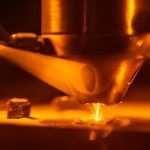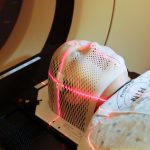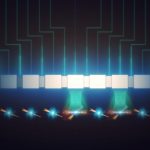Does Bing’s angsty chatbot foretell the future
Recently, concerns have been raised about an artificial chatbot that has been incorporated on a test basis in Microsoft’s Bing search engine.
Scientists find how to precisely diagnose colon cancer
In a study from Ruhr University Bochum, scientists found that AI with infrared imaging enables precise colon cancer diagnostics.
The progress in therapy options over...
3D-printed superalloy could cut carbon emissions from power plants
As the world looks for ways to cut greenhouse gas emissions, researchers from Sandia National Laboratories have shown that a new 3D-printed superalloy could...
Without more data, a black hole’s origins can be spun in any direction
Researchers say that current results depend on models rather than data.
Clues to a black hole's origins can be found in the way it spins,...
AI can help doctors make hard decisions about cardiac arrest
When patients receive care after cardiac arrest, doctors can now—by entering patient data in a web-based app—find out how thousands of similar patients have...
ChatGPT can provide mostly accurate responses about heart disease
Scientists found that ChatGPT provides largely appropriate responses to simple cardiovascular disease (CVD) prevention questions.
Scientists propose a fourth light on traffic signals for self-driving cars
Scientists propose a “white light,” which would enable autonomous vehicles to help control traffic flow and let human drivers know what’s going on.
AI can detect Parkinson’s disease earlier from voice data
More than 10 million people worldwide are living with Parkinson's disease. There is no cure, but if symptoms are noticed early, the disease can...
Scientists find new way to predict deadly brain cancer
In a study from the University of Waterloo and elsewhere, scientists have created a computational model to predict the growth of deadly brain tumours...
New spin control method brings billion-qubit quantum chips closer
Engineers have discovered a new way of precisely controlling single electrons nestled in quantum dots that run logic gates.











